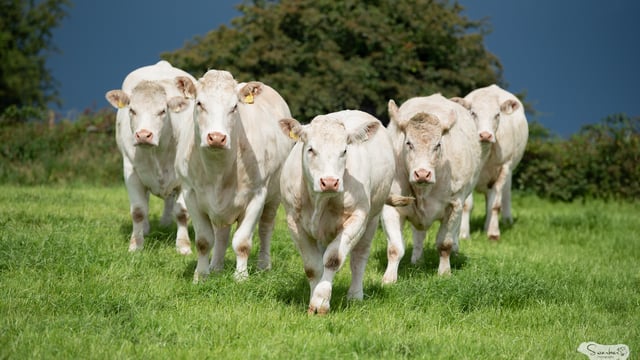CAT relief: Dept of Finance to consider generational renewal report
The Department of Finance will consider the recommendations from the as yet unpublished report from the Commission on Generational Renewal before deciding how to proceed with revised agricultural relief under Capital Acquisitions Tax (CAT).
Budget 2025 last year introduced a change to the agricultural relief under CAT that would have seen the active farmer condition expanded to the disponer of the property as well as the beneficiary.
Following an outcry from farm organisations, the government decided to delay the onset of this change. The revised active farmer test currently requires a commencement order to be signed by the Minister of Finance before it begins.
This commencement order remains unsigned.
The Department of Finance recently published documents from the Tax Strategy Group (TSG) which meets every year in advance of the national budget to examine possible changes to the country's tax regime.
The documents, which cover all the various forms of taxes, were released late last month following the meeting of the TSG on July 15, and discussed possible tax changes ahead of Budget 2026.
The TSG has been in place since the early 1990s and is chaired by the Department of Finance, with its membership comprising senior officials and political advisers from a number departments and offices.
The TSG is not a decision making body. The documents produced by the TSG outline options and issues to be considered as part of the budgetary process.
One of the documents covers capital taxes, namely Capital Acquisitions Tax (CAT) and Capital Gains Tax (CGT).
CAT is applied at a rate of 33% in respect of inheritance and gifts taken on or after December 6, 2012.
There are three thresholds, or groups, above which the tax applies. The difference between the thresholds reflects different relationships between disponer and beneficiary.
The thresholds are:
- Group A (Parent and child, including foster children) - CAT applied on amounts over €400,000;
- Group B (sibling, niece, nephew, lineal descendent) - CAT applied on amounts over €40,000;
- Group C (all other cases) - CAT applied on amounts over €20,000.
In the case of farmers, qualifying farmers can avail of CAT agricultural relief, which reduces the monetary liability of the asset by 90%, if the asset is classed as 'agricultural property'.
This reduced liability is called the 'agricultural value'. The relief can also be claimed on non-agricultural assets, including cash, on the condition they are invested in agricultural property within two years.
A number of conditions must be met by the beneficiary, including the active farmer test, which requires the beneficiary to farm the agricultural property, or lease it to an individual who farms it, for at least six years following the inheritance or gift.
Finance Act 2024, which gave legal force to the measures in Budget 2025, introduced a revised CAT agricultural relief, extending the active farmer test to the disponer.
The recently published TSG document said: "Due to concerns raised by farming groups, a decision was made to include a commencement order to allow for further engagement on this matter.
"The commencement order allows the Minister for Finance to commence the revised CAT agricultural relief in parts or as a whole."
The document said that officials from the Department of Finance have been engaging with stakeholders in relation to this measure and, as part of their consideration, will examine the report of the Commission on Generational Renewal in Farming "when published".
"As part of this process, they will consider options in relation to the revised CAT agricultural relief with the aim of ensuring that there are no unintended consequences for genuine farmers," the TSG document added.
It said that the department officials will "advise the Minister for Finance accordingly and he will make a decision on the matter".





